Tucked in the margins of the recent Eurovision Song Contest was Jamala’s 30-second cameo of 1944, her winning song from 2016. Recently ranked third by The Guardian in the all-time list of Eurovision winners, her song almost didn’t make it to the contest when Russia tried to have it banned. Jamala’s lyrics referred to Stalin’s ethnic cleansing of Crimean Tatars, which took place over just three days in May 1944, but Russian politicians alleged they were thinly disguised to refer to the 2014 annexation of Crimea.
Whatever the real meaning, I doubt there can have been a more personal song in the history of Eurovision, not least because Jamala’s great-grandmother was amongst 191,000 Tatars deported from Crimea in cattle trains. I met Jamala in London during a brief stopover on her way home to Kyiv and the formidable passion for both her Crimean Tatar ancestry and her adopted nation of Ukraine (she was born in Kyrgyzstan) influenced every aspect of our conversation.
Jamala (real name, Susana Jamaladinova) premiered her new album entitled simply Qirim (Crimea in the Crimean Tatar language) in Liverpool on the eve of Eurovision at a concert with the BBC Philharmonic Orchestra. She told me that the album parallels a famous TV series:
‘In Game of Thrones, the writer created an imaginary culture for the seven kingdoms of Westeros, in art, costume and folk traditions. In Qirim, I’ve done something similar by discovering songs from the different regions of Crimea. Together, they show the beauty and greatness of Crimean Tatar culture, and they express the deep feeling for my home.’
Although Qirim’s 14 tracks are infused with aspects of electronica, garage and even rap, the songs on which the album is based are ancient. ‘Most are centuries old, which puts a lie to the myth that the Kyivan Rus is essentially of Russian origin. Many of these songs have their roots in Crimean Tatar culture that is older than the Kyivan Rus. Tatars were in the Crimean Peninsula long before Russians.’
Jamala’s lyrics referred to Stalin’s ethnic cleansing of Crimean Tatars
Jamala was finishing the album in Kyiv just as the Russian invasion began. ‘As the bombs fell, my first thought was for the safety of my children (she and her manager/husband, Bekir, have two sons under six) and then my album because we had put so much work into making it.’
Thankfully, both children and studio recordings were rescued. Since the invasion, with her sons being cared for elsewhere, Jamala has been travelling the world, promoting the defence of Ukraine alongside her music. She met Joe Biden last December and briefed him about the situation in Ukraine. ‘I was deeply grateful to the president and first lady for their unwavering support. Such moments give me the strength to keep going, no matter how hard the road to our victory may be for the whole sovereign nation of Ukraine.’ In June, Jamala commences a ten-city tour of the USA.
Over the last year, Jamala has worked with organisations and foundations that have raised around $90 million (£72 million) to support Ukraine’s defence and give aid to internally displaced people. She was at pains to minimise her personal contribution: ‘I must emphasise that raising this money was a joint effort by a lot of people.’
Nonetheless some of the fundraising has been highly personal. Having been a celebrity contestant on Ukraine’s Dancing with the Stars (the international brand for Strictly Come Dancing), she agreed to repeat her appearance in the Polish edition earlier this year. She did so on one condition: that the funds raised through her weekly telephone vote went to the Polsat Foundation to help victims of the war in Ukraine. ‘Even though I’m a performer, dancing isn’t my strong thing,’ she confessed, but nevertheless – mainly she believes because the Polish people wanted her to carry on raising money – she survived the weekly vote-off for several episodes.
It is 80 years since Lavrentiy Beria engineered Stalin’s forced deportation of her great-grandmother amongst the Crimean Tatar people, with the loss of 8,000 lives, and the resettlement of Ukrainian children in Russia after the 2023 invasion shows history repeating itself. Jamala is coy about the real message in her Eurovision-winning song, but the deliberately ambiguous lyrics seem as relevant to Russian aggression in the age of Putin as to Stalin’s atrocities.
Her husband showed me photos of Jamala with presidents Biden and Zelensky (alongside others with George Clooney and Julia Roberts) and I suggested that in her fight to defend Crimean Tatars and Ukraine she has become a formidable politician. A description that she emphatically denied. ‘I’m a singer, not a politician, but if I can achieve any influence through my songs, telling the world that the fight for freedom is not over, then all the stress, including rarely seeing my children, is worthwhile and I’m happy.’
Got something to add? Join the discussion and comment below.
Get 10 issues for just $10
Subscribe to The Spectator Australia today for the next 10 magazine issues, plus full online access, for just $10.

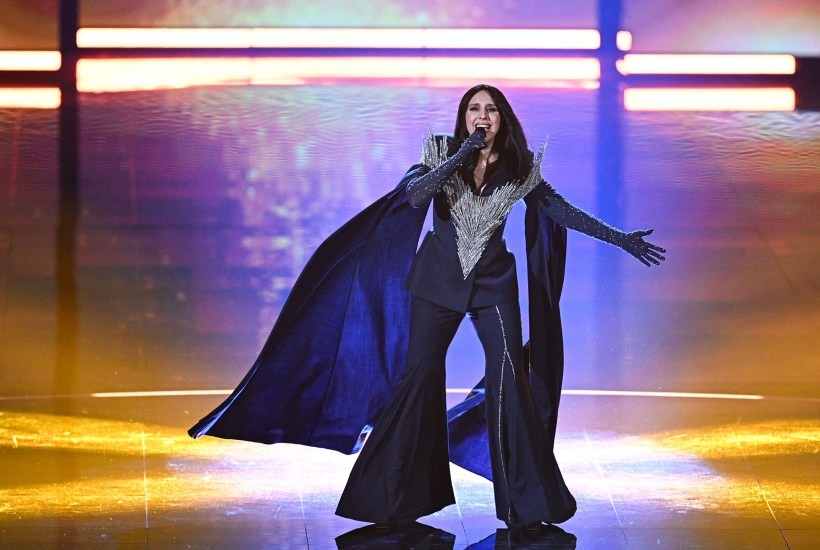
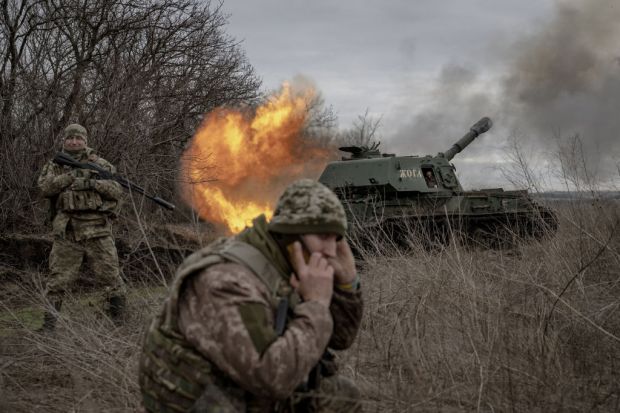
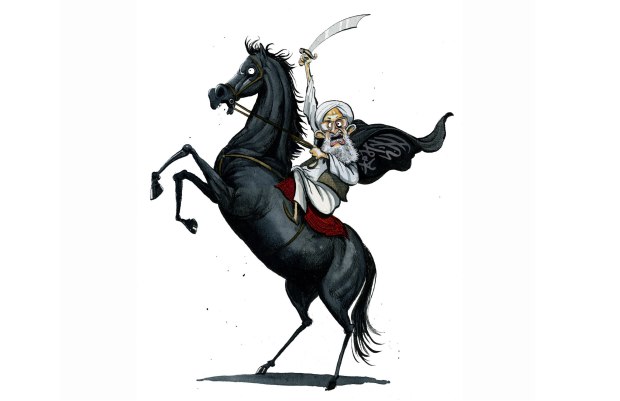
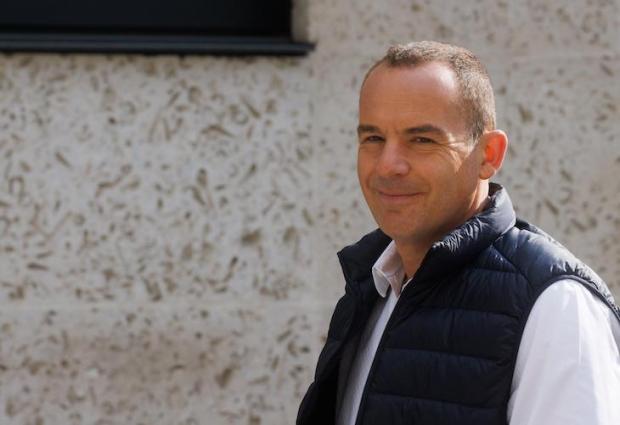
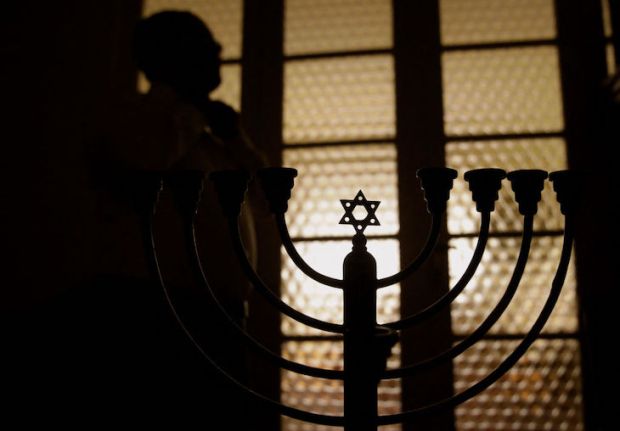
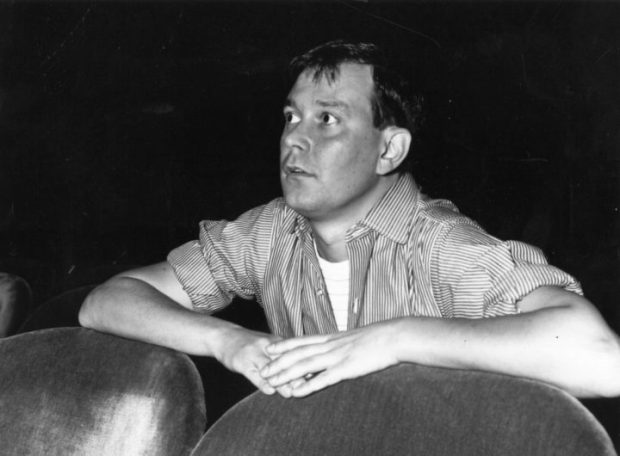
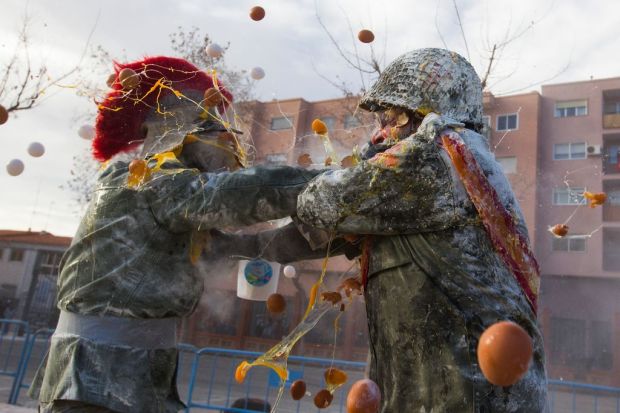












Comments
Don't miss out
Join the conversation with other Spectator Australia readers. Subscribe to leave a comment.
SUBSCRIBEAlready a subscriber? Log in